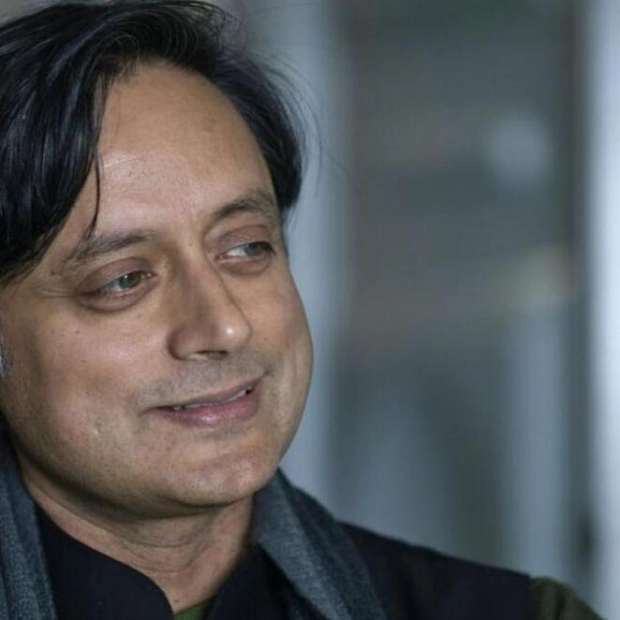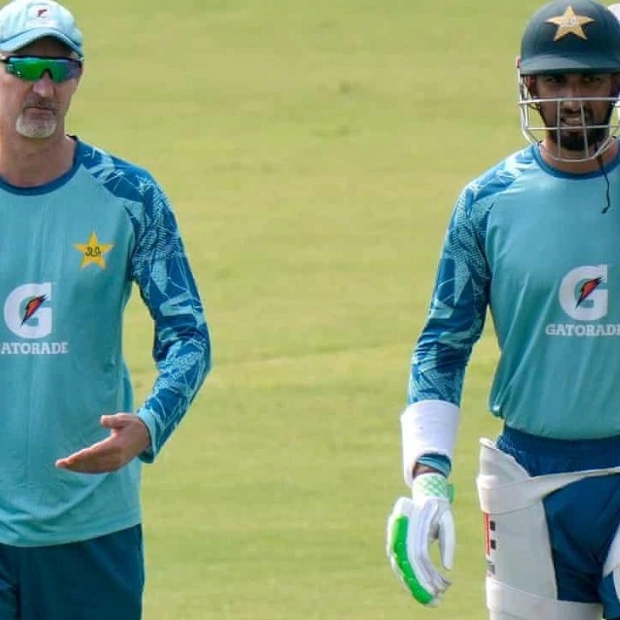Throughout the year, England has consistently found themselves in close contests, and last weekend was no exception. They often find themselves in tight matches that remain undecided until the final moments, almost becoming a signature of this team. They've played eight matches against top-tier nations, with the aggregate margin being 27 points. The largest margin was a nine-point loss to Scotland, while the others were decided by a single score or less. This suggests that England has adopted a particular mindset this year, but based on the evidence, they are not particularly adept at winning close matches. The record stands at three wins and five losses, prompting the question: should England focus on improving their ability to win tight matches, or should they explore alternative ways to secure victories? My view is the latter.
Instead of merely trying to close out games, England needs to find another level of play. They should shift their mindset from merely closing out matches to continuing to play and applying pressure. This year, they have only scored more than 30 points once, in a match they lost to France. On average, they score 21.5 points, which simplifies things for the opposition—score 22 points or more, and they are likely to win. It sounds straightforward, but England needs to score more points. The only instances where the opposition scored more than 21 points and lost were against Italy in the opening weekend of the Six Nations and Ireland later in the tournament, when a last-gasp drop goal by Marcus Smith secured the win.
What stands out to me is that this approach would suit the makeup of the England team. Their first-choice backline is designed to run, so why not try to run teams off the pitch? The best teams do this. South Africa is an exception, excelling both in running and at the set-piece, so there's no point in trying to emulate them. France and Ireland, however, focus on chasing tries. As someone who played on the wing, I believe scoring tries is the hardest skill. The best teams are those that excel at scoring tries, and England's energy should be focused on this if they are to reach their potential.
I wonder if this is a product of their World Cup campaign. That campaign was hastily assembled, and Steve Borthwick aimed to create a team that was difficult to beat and could grind out wins. They are still hard to beat, but perhaps it has taken time for the mindset to shift from eking out wins to dominating in the final quarter. There is optimism based on how England started against New Zealand, with Smith's cross-kick energizing Twickenham. The challenge is to maintain that attitude throughout the match. England has highlighted their discipline in the last 20 minutes, but this is telling because you are more likely to concede penalties while defending rather than attacking.
It will be challenging for England on Saturday, as there is a real expectation that they will dominate Australia. Australia suffered a record defeat by Argentina, had a poor Rugby Championship, and there is a suspicion that they are in decline, despite their results not reflecting the quality of their team. Based on their last two Rugby Championship matches, I see a team that is starting to click; a team that will play from deep and come to Twickenham ready to compete. If the public expects Australia to arrive unprepared, they will be in for a surprise.
The British & Irish Lions narrative adds intrigue to Saturday's fixture. The Lions launched their jersey this week, marking one of many milestones on the way to the tour. If I were an England player aiming for the tour, I would be eager to showcase my best against Australia. It's a great audition, testing how you fare against their style of rugby. I wouldn't discuss it publicly, but privately, there would be a different purpose, knowing that this match could have additional significance down the line, with Andy Farrell watching. Perhaps you are a player whose game is better suited to facing Australia than, say, South Africa. A strong performance today/on Saturday could be the perfect way to demonstrate that.
Source link: https://www.theguardian.com






